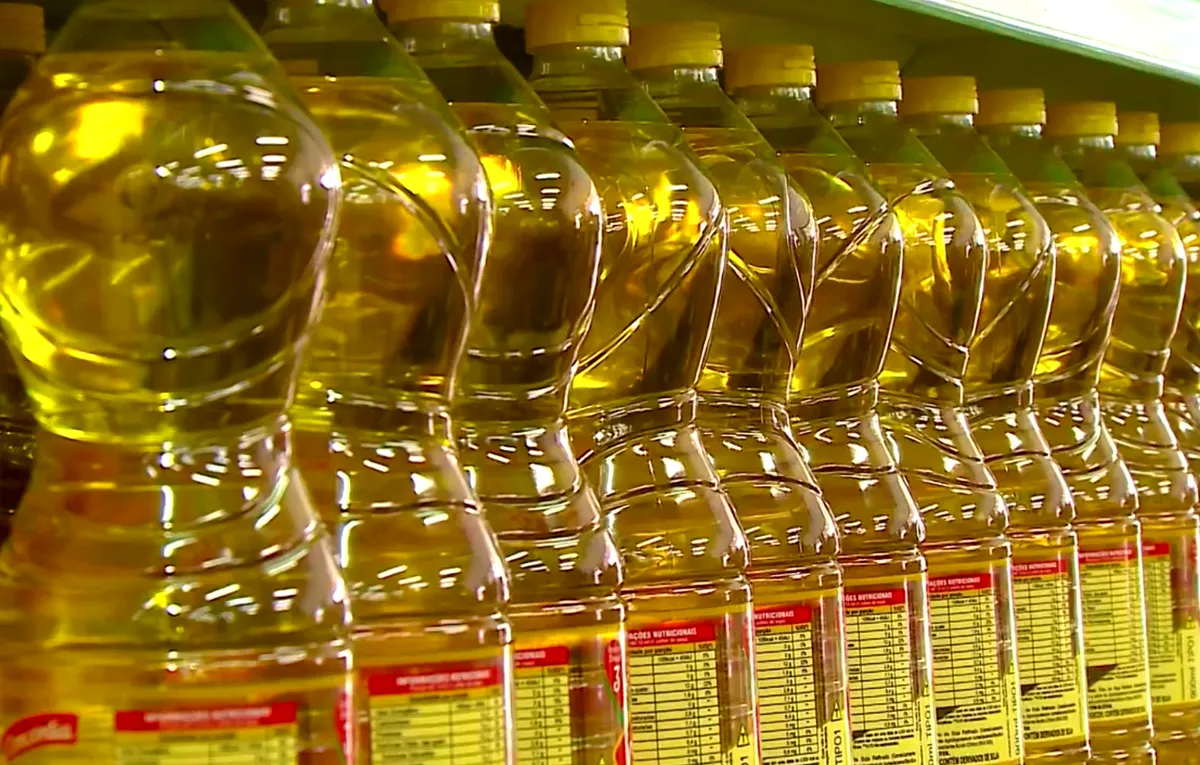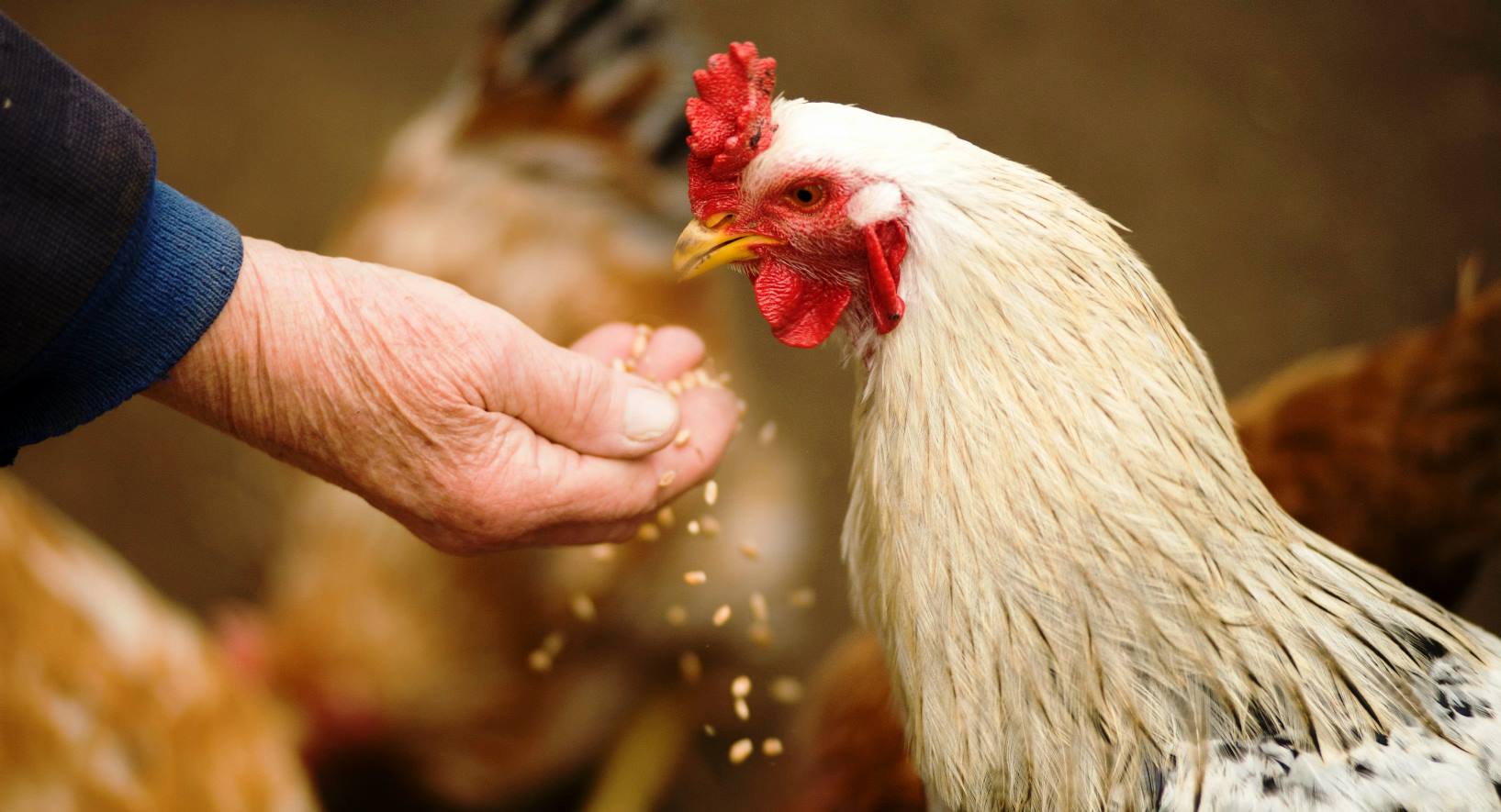
Brazil, the world’s largest sugar producer and exporter, offers immense opportunities for international buyers. However, first-time importers often face obstacles that can complicate the process. From understanding market dynamics to navigating industry barriers, importing Brazilian sugar requires careful planning and the right approach.
In this guide, we’ll break down the key challenges, share practical solutions, and highlight how you can safely and efficiently secure sugar from Brazil.
Contents
Unlike smaller producers in other countries who actively seek new buyers, Brazilian sugar mills operate differently. Their structure, priorities, and sales approach make it difficult for new importers to access sugar directly. Here’s why:
Brazil dominates the global sugar market, with major mills handling massive production volumes. These mills often prioritize long-term contracts with established international buyers rather than smaller or first-time importers.
Since they are not struggling to find customers, they rarely engage in direct sales to new importers. Instead, they work with trusted trading companies and institutional buyers with a proven track record.
Brazilian sugar mills focus solely on production, relying on different sales channels to distribute their sugar:
This means that if you’re trying to buy sugar directly from a mill, you will likely hit a dead end.
Brazil’s sugar industry follows a highly structured commercial model:
Mills sell large quantities to global trading companies like Alvean, COFCO, and Sucden.
These trading firms manage sales, logistics, and financial transactions, ensuring a smooth process.
Most buyers must go through trading firms rather than dealing directly with mills.
For a new importer, attempting to bypass this system is often a frustrating and unsuccessful endeavor.
Brazilian sugar mills receive a flood of daily inquiries from potential buyers worldwide. However, many of these inquiries come from businesses lacking the financial strength or logistics capacity to fulfill large-scale contracts.
To filter serious buyers, mills and trading firms require:
Financial guarantees such as SBLC (Standby Letter of Credit) or DLC (Documentary Letter of Credit) from a Top 50 global bank.
A solid purchase history and long-term buying capacity.
Partnerships with recognized trading firms or established intermediaries.
By enforcing strict buyer criteria, mills reduce financial risk and ensure stable market conditions.
Sugar prices fluctuate due to currency exchange rates, fuel costs, and climate conditions. To maintain price stability, Brazilian mills prefer structured contracts over direct sales to individual buyers.
If mills allowed unrestricted market access, it could lead to excessive speculation and price volatility. By working with verified buyers through established trading firms, they protect profit margins and maintain a predictable supply chain.
Price reference – sugar prices on the global market: https://www.investing.com/commodities/london-sugar
Large sugar mills prioritize:
Bulk and recurring contracts over small, one-time orders.
Streamlined operations with minimal bureaucratic overhead.
Guaranteed payments and logistics secured through trusted partners.
For a first-time importer, this means that securing a long-term agreement—or working with a reputable intermediary—is key to gaining access to Brazilian sugar.

If you want to successfully import Brazilian sugar, you need to align with the industry’s structure rather than trying to bypass it. Here’s how:
Partner with an authorized intermediary like Mello Commodity or a well-established trading firm.
Demonstrate financial capacity by securing an SBLC or DLC from a Top 50 global bank.
Focus on long-term contracts rather than one-time purchases.
Build credibility by working with industry professionals who have existing supplier relationships.
By following these strategies, you’ll not only gain access to Brazilian sugar but also secure better deals and avoid unnecessary headaches.
A well-structured import plan is essential for success. Key elements include:
Market Research: Understand pricing structures and avoid unrealistic offers.
Financial Planning: Budget for acquisition costs, contract guarantees, and distribution expenses.
Risk Management: Work with trusted suppliers like Mello Commodity to ensure a safe transaction.
A well-planned approach ensures profitability and reliability in your sugar import business.
International trade is filled with fraudulent schemes, and the sugar industry is no exception. Here’s how to protect yourself from scams:
Beware of Unrealistic Offers – Scammers often lure victims with prices far below market rates, claiming they have sugar from a “canceled order” or a one-time special deal.
Verify Online Identities – Fraudsters create fake company websites, emails, and social media profiles to appear credible. Always double-check company details before engaging in business.
A common fraud scheme involves scammers impersonating representatives of legitimate sugar mills. They create convincing fake websites and offer large sugar shipments at low prices, claiming immediate availability.
Once the buyer sends an initial payment, the fraudster disappears, leaving the buyer with financial losses and no product.
To ensure a smooth and successful import process, follow these steps:
1 – Develop a solid import plan covering logistics, pricing, and risk management.
2 – Define your first order (sugar type, packaging, quantity, target price, and destination port).
3 – Secure financial guarantees (SBLC or DLC) from a Top 50 global bank.
4 – Contact Mello Commodity for verified sourcing and professional import assistance.
Mello Commodity specializes in working with sugar trading firms and futures investors, ensuring safe and efficient transactions for international buyers.
If your business meets the four requirements above, CLICK HERE to request a sugar price quote.
Importing sugar from Brazil is a highly profitable venture but comes with significant challenges. By understanding the industry structure, preparing your finances, and working with trusted partners, you can secure reliable sugar supplies and maximize your success in the global sugar trade.
Ready to get started? Contact Mello Commodity today!
1. ICPO (Irrevocable Corporate Purchase Order)
A formal document issued by the buyer declaring the intention to purchase a specific quantity of sugar. It includes details such as type, price, and payment terms. It is irrevocable, meaning it cannot be canceled.
2. FCO (Full Corporate Offer)
A comprehensive offer issued by the seller in response to the ICPO. It outlines product specifications, pricing, delivery timelines, and terms of sale.
3. SPA (Sale and Purchase Agreement)
A legally binding contract between the buyer and seller that details the conditions of the transaction, including responsibilities and timelines for both parties.
4. SBLC (Standby Letter of Credit)
A bank-issued financial guarantee ensuring the seller will be paid if the buyer fails to meet contractual obligations.
5. DLC (Documentary Letter of Credit)
A payment method in which the buyer’s bank commits to pay the seller once all required documents (such as shipping and inspection certificates) are presented.
6. BCL (Bank Comfort Letter)
A letter from the buyer’s bank confirming the client has sufficient funds and financial credibility to proceed with the transaction.
7. RWA (Ready, Willing and Able Letter)
A declaration that the buyer is ready, willing, and able to complete the transaction, usually supported by bank documentation.
8. ICUMSA (International Commission for Uniform Methods of Sugar Analysis)
An organization that sets standards for sugar analysis and classification. For example, ICUMSA 45 refers to highly refined, white sugar.
9. VHP (Very High Polarization Sugar)
A type of raw sugar with high purity and polarization levels, often used as a base for refining into white sugar.
10. Trading Company
A business that acts as an intermediary between producers (sugar mills) and international buyers, handling negotiation, logistics, and compliance.
11. Export Cooperative
An association of producers who collaborate to export their products internationally, sharing costs, logistics, and profits.
12. Financial Instrument
A contract or document that represents a financial value, commonly used to secure international trade deals (e.g., SBLC, DLC).
13. Top 50 Global Bank
One of the 50 largest and most reputable international banks, often required to issue financial guarantees in major global transactions.
14. Market Volatility
The fluctuation of sugar prices due to variables such as weather, exchange rates, and global supply and demand.
15. Long-Term Contract
An agreement between buyer and seller for the continuous supply of sugar over an extended period, with fixed or adjustable conditions.
Mello Commodity publishes educational articles that aim to guide importers of agricultural commodities on: Brazilian crops, market information, prices, scams, etc.
Some articles may contain affiliate links that provide access to several SUPPLIER GUIDES for Brazilian agricultural commodities. The commission paid to the Mello Commodity team is used to cover production costs and will not impact the cost of acquiring the material.
If you are interested in negotiating the direct import of sugar, soybeans or yellow corn, simply click on the Quotation menu and send us your order details.

Brazilian, graduated in Marketing, Specialist in Service Management and Strategic Communication.
Important International Negotiator in the commercialization of Brazilian agricultural commodities such as: Sugar, Soybeans and Corn.
Owner of Mello Commdity, she has gained great prominence on the internet in recent years by promoting educational articles for importers of Brazilian agricultural commodities.
 Bangladesh Sugar Imports: A Global Success Case Study
Bangladesh Sugar Imports: A Global Success Case Study Coup plotters are everywhere in international trade. Protect your international businesses with the Agricultural Commodities Suppliers Guide
Coup plotters are everywhere in international trade. Protect your international businesses with the Agricultural Commodities Suppliers Guide Oil Exporters in Brazil – Business Opportunities and Global Markets
Oil Exporters in Brazil – Business Opportunities and Global Markets Avian Influenza in Brazil: What You Need to Know in 2025
Avian Influenza in Brazil: What You Need to Know in 2025